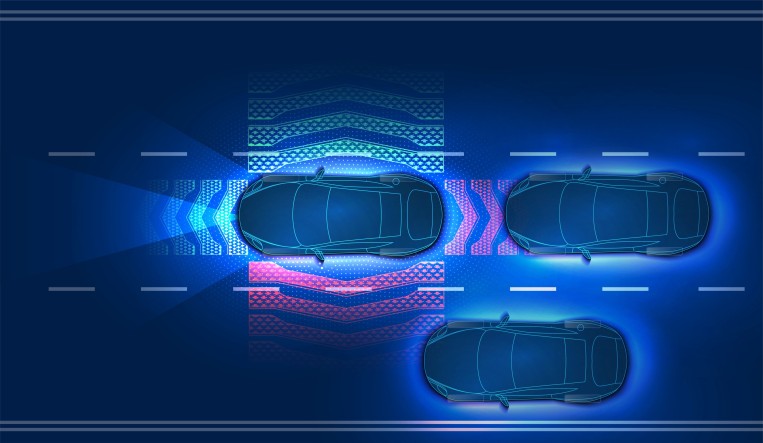ASEAN: Emerging trends in Southeast Asia’s autonomous vehicle patent landscape
30 August 2023

According to data by the World Intellectual Property Organization (WIPO) and the World Bank, there has been an unprecedented interest in Southeast Asia as a patent filing destination, with the percentage of applicants filing in the ASEAN member states increasing each year. However, the autonomous vehicle (AV) technology patent landscape in this region remains nascent, as detailed by a report from the TalTech Journal of European Studies (TJES). This infancy stage primarily results from the slow legislative development that has not kept pace with AV technology.
Singapore: An exception in the ASEAN region
Singapore stands as an exception, with legislative advancements fostering AV technology. The amendment of the Road Traffic Act 1961 in 2017 permitted the trial and use of Level 3, 4, or 5 autonomous vehicles. Level 0 refers to “No Driving Automation”, and Level 5 refers to “Full Driving Automation”. Moreover, the Patent Fast-Track Programme introduced by the Intellectual Property Office of Singapore in May 2020 has significantly shortened the patent application-to-grant process (from two years to six months). As a result, Singapore leads the Autonomous Vehicles Readiness Index report by KPMG in 2020 in terms of preparedness to adopt AV technology. Unsurprisingly, Singapore is the only Southeast Asian country to be listed in this report out of 30 countries.
The dismal scenario in Myanmar
In stark contrast, Myanmar’s new patent law enacted in 2019 has yet to come into force. As reported by the International Comparative Legal Guides, the slow progress of patent law operation coupled with political instability, discourages foreign investors in the AV technology field due to the potential challenges in litigation or dispute resolution.
Patent protection vs market share in major ASEAN markets
An evident gap exists between patent protection filed for and the market share that AV tech companies occupy in Southeast Asia’s major markets. The ASEAN Investment Report 2020 – 2021 highlights that in Thailand, only 7 percent of all patents registered from 2010-2019 were related to industry 4.0 technologies.
Threat of litigation and patent trolls in the AV tech space
Potential litigation in this space, particularly from non-practicing entities (NPEs) or “patent trolls,” has been outlined by the South-East Asia IPR SME Helpdesk. These entities acquire and hoard patents for financial gain in the form of licensing and royalty fees. Patents related to the communications and computer-related technology subject matter, typical of most AV technology, are especially prone to litigation.
Optimism amidst challenges: The promise of 5G technology
Despite the challenges, the ASEAN Investment Report 2020 – 2021 offers hope, suggesting the roll-out of 5G technology contracts in ASEAN countries may spur the entry of AV tech companies into these markets and will speed up adoption of 5G-enabled software and intelligence-based technology on board in AVs.
The volume of patent filings in the AV tech industry is starting to see participation from technology-based companies, as observed at the 3rd Annual Electric Vehicles India Summit 2023. Tech giants like Alphabet Inc., Baidu Inc., and LG Corp are aggressively filing patent applications in this field.
Collaboration over litigation: A forward-looking approach
An autonomous vehicle, from a patent law perspective, is a vehicle equipped with technological advancements that necessitate multiple patents owned by different corporate entities. The ecosystem, therefore, demands collaboration between the automotive and tech sectors, which could translate to licensing and cross-licensing deals, rather than protectionist enforcing of patents individually.
The independent patent licensing marketplace, Avanci, exemplifies such collaboration where automotive manufacturers can access patents for technology from companies like Nokia and Ericsson. This approach sidesteps litigation, facilitating constructive progress in the AV technology industry.









